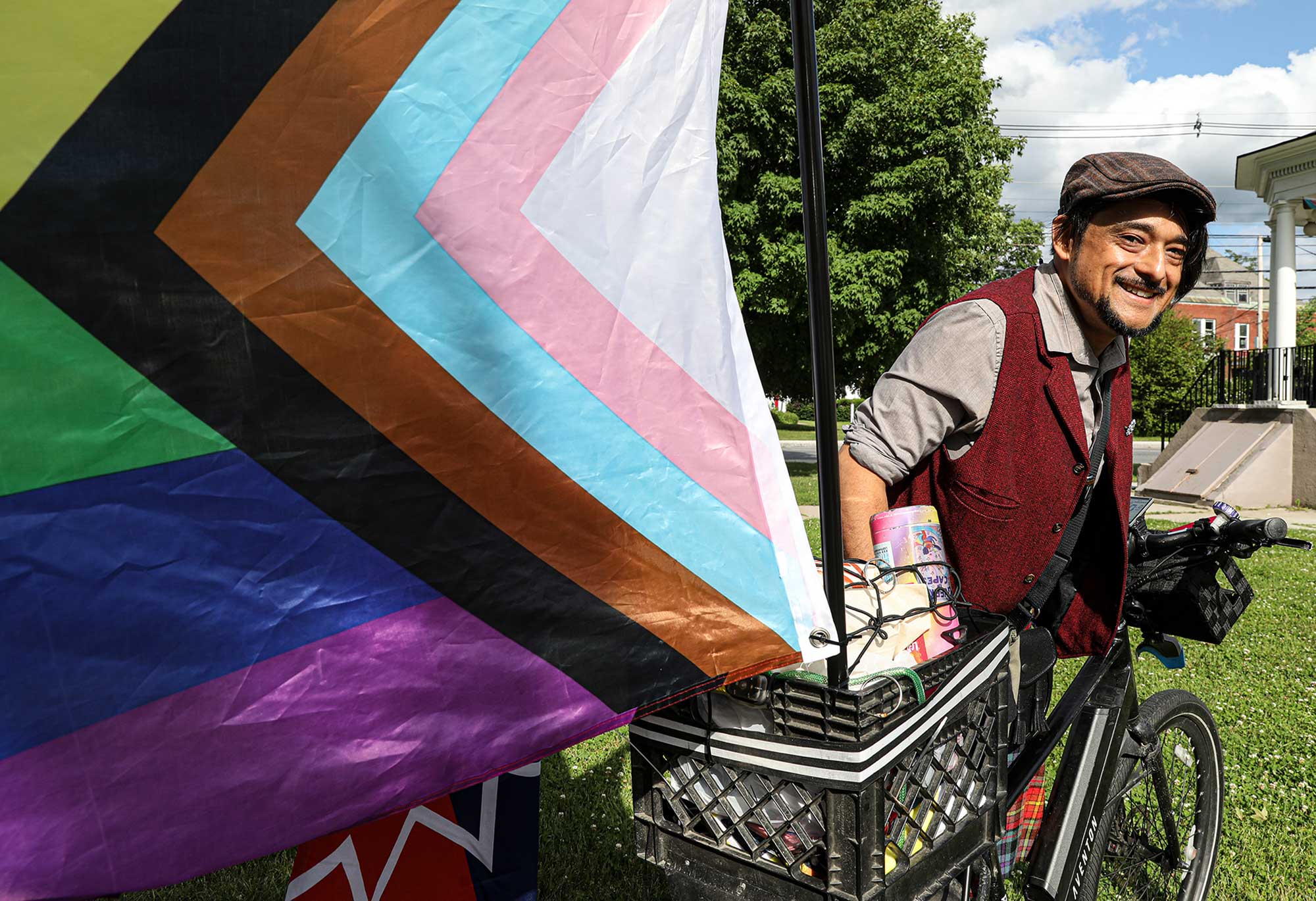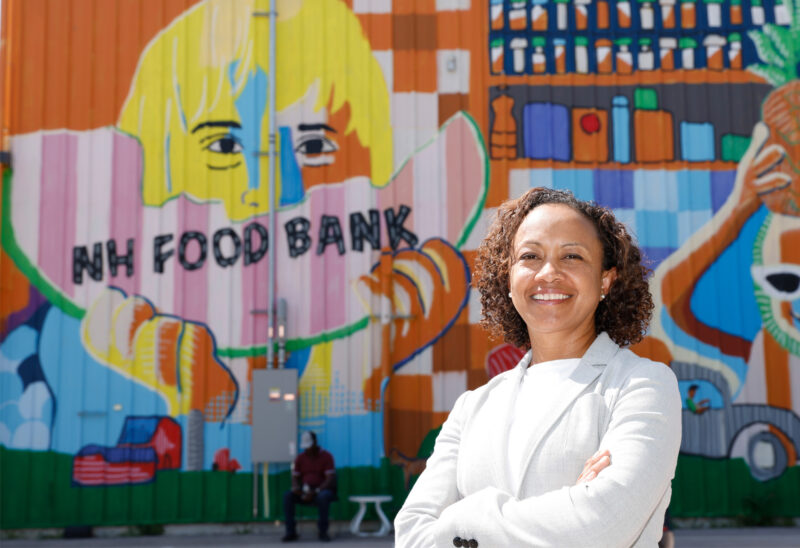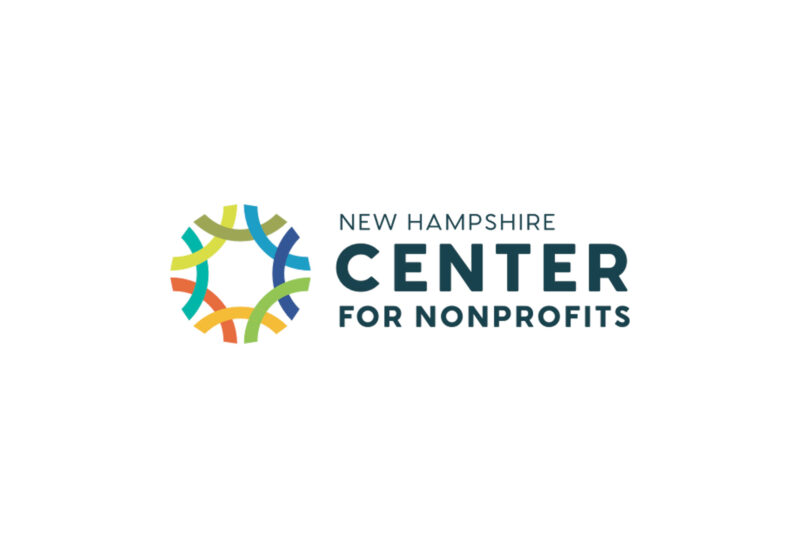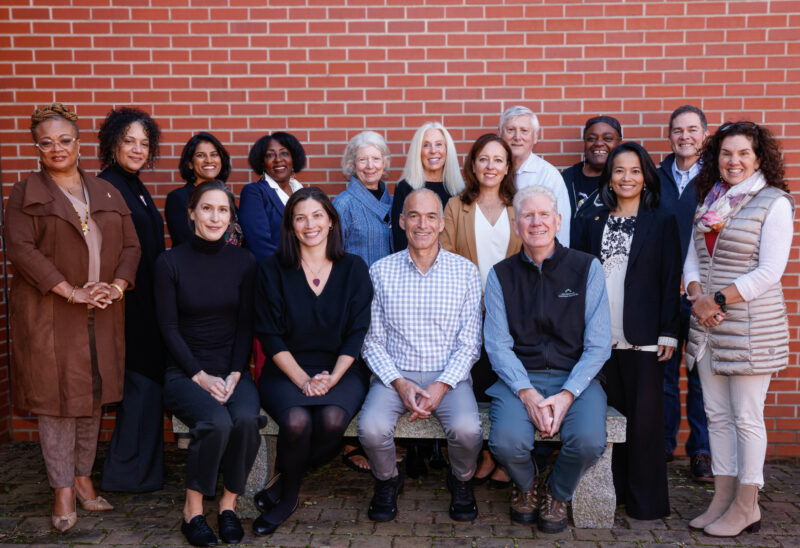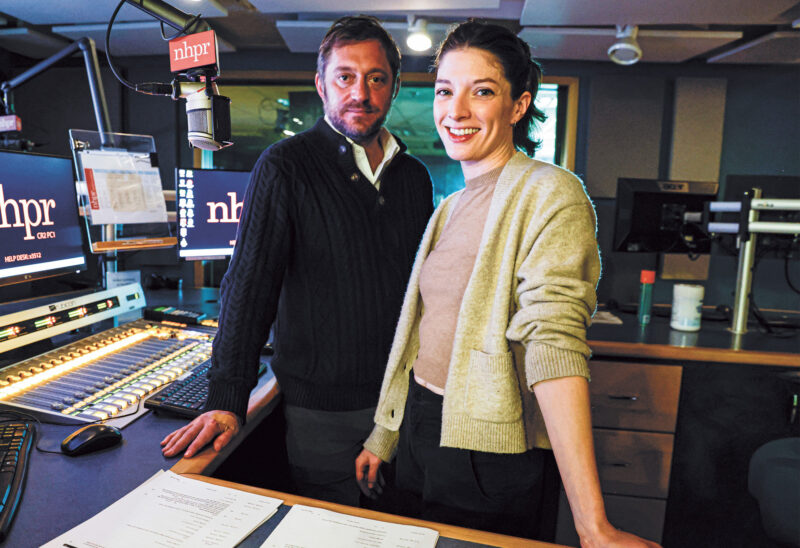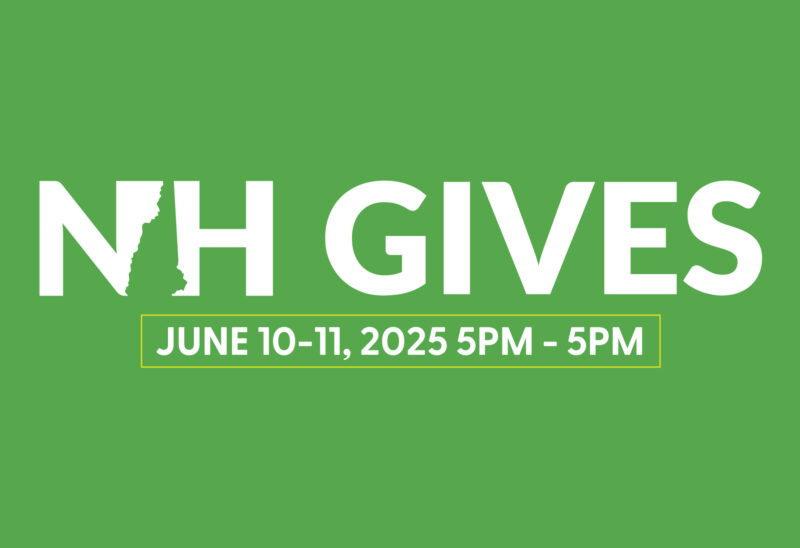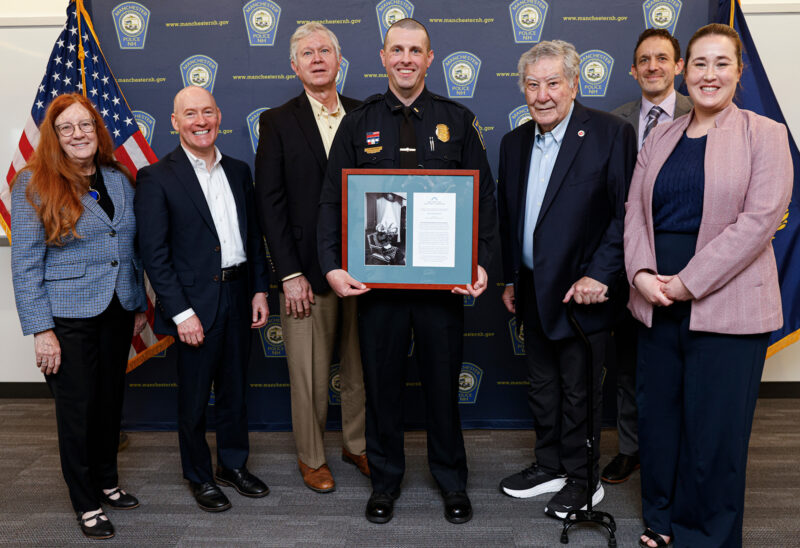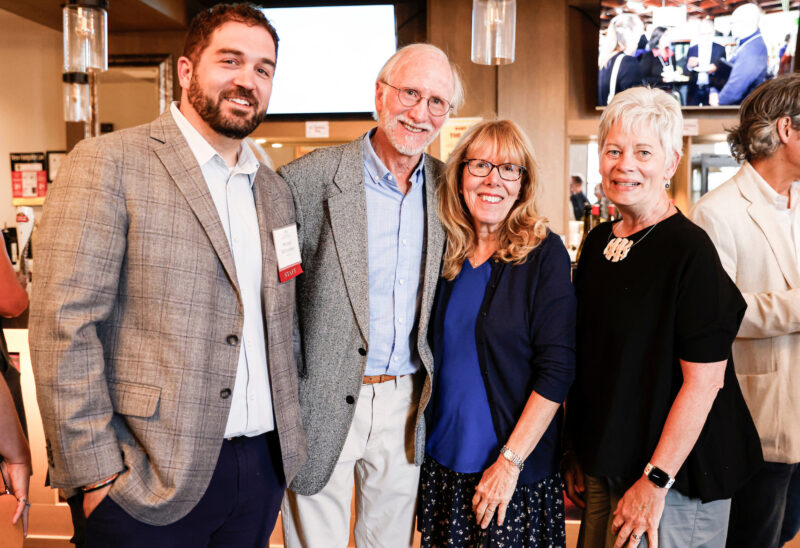Aaron Almanza of the LGBT National Help Center spoke at a Charitable Foundation community event in Norwich, VT in September. A transcript of his remarks follows.
Hello. My name is Aaron Almanza, I’m a fairly recent arrival by way of San Francisco. I’m the executive director of the LGBT National Help Center. We provide crisis prevention hotlines and resources for the queer community to talk openly and safely about concerns and issues on gender identity and sexuality. We talk to people who are isolated and alone, and we are often that voice in the darkness, providing a vital connection to a wider LGBTQ community.
There’s often an overlap between my personal life and my professional life. Since I came out in the early 90s I’ve been an activist in some form or another. And something that I have come to understand is that community-building is activism. At work, we see our hotlines as crisis prevention: giving people tools to never get to a point of crisis. And that’s another thing I have come to learn in both parts of my life: Community is crisis prevention.
It can be hard for those of us in the queer community to know who to trust, who you can be your authentic self around. There are warranted fears of being attacked, harassed, or discriminated against. And our youth are hugely at risk of harm or self-harm, but it’s known that even one person who is supportive can be life-changing.
So it’s no wonder that queer folk often leave their hometowns and their rural roots to move to the big city to find each other to find safe communities. I however did the opposite. I came from San Francisco to Claremont, NH. I knew it was my time to put down roots and I wanted to do it here.
We’ve all come out of the pandemic, and something I think we may have gained, is realizing that the world can change in an instant, and it taught me, you don’t know what’s coming and you need to find your people while you can.
So I jumped in head first into numerous queer organizations and Pride events, from leading the Pride Marches in White River Junction and Montpelier, to hosting events in Barre, Bellows Falls, Middlebury, Windsor, Claremont and Concord. I rekindled my voice with Mutual AID in Keene, and Springfield’s Rainbow-palooza.
Queer events, Pride celebrations and gatherings, these are tools in building community. We find each other. Being from San Francisco, I never really liked going to our massive Pride events, the city fills up with over a million new faces for a weekend and then…gone. It’s busy, but is it community?
What if people could find those connections at home?
You shouldn’t have to travel to San Francisco or New York find your people or to feel safe. That’s why it’s so important to build it here in New Hampshire and Vermont. That’s where community needs to be.
If a young person could find her people here, she may feel the need to move to the big city. Queer people can put down roots here, be part of the larger community, start families and businesses, exist here. This is where Pride and queer events matter the most.
I’ve been really fortunate to connect some really dynamic queer groups here. And I’ve started several queer events and community gatherings. And what I’ve found over and over, are so many people who have just been chomping at the bit for community.
I co-founded Qbar, a guerrilla queer bar event where LGBT people take over a bar for the night, and I thought maybe 6 people would show up. On the first night, 40 did. And it keeps building, and connections are being made, and now there’s other social events are happening because of these connections. I started Little Queery, a mobile free queer book library and have talked to so many young queer people who have been thirsting for representation. Down in Bellows Falls I helped start up their first official pride event and it went from one small event to 15 separate events that merchants, individuals and the town itself jumped at the chance to do get involved.
At the last event in June, we had a dance, and I got to meet a 13-year-old girl who had just come out to her mom. And her mom went out and found us, the local Pride group and brought her. And that girl, she met five other queer kids that night, and they became a gang, they danced all night, they laughed, they cheered, they helped us clean up. And they’re going to remember that night for the rest of their lives. Queer folks remember when we find each other, and she found her people here, at home. She didn’t need to go all the way to New York for a brief glimpse of a queer life, she now has it in her own backyard.
So that’s what I do, I try to help build community. When LGBTQ people can feel safe, they can become part of the larger community, which is better for everyone. When we feel we belong, and know this can be home, that we want to stay here, or to move here, we will fight for that sense of place, and we fight for each other. And because of that we all thrive together.

